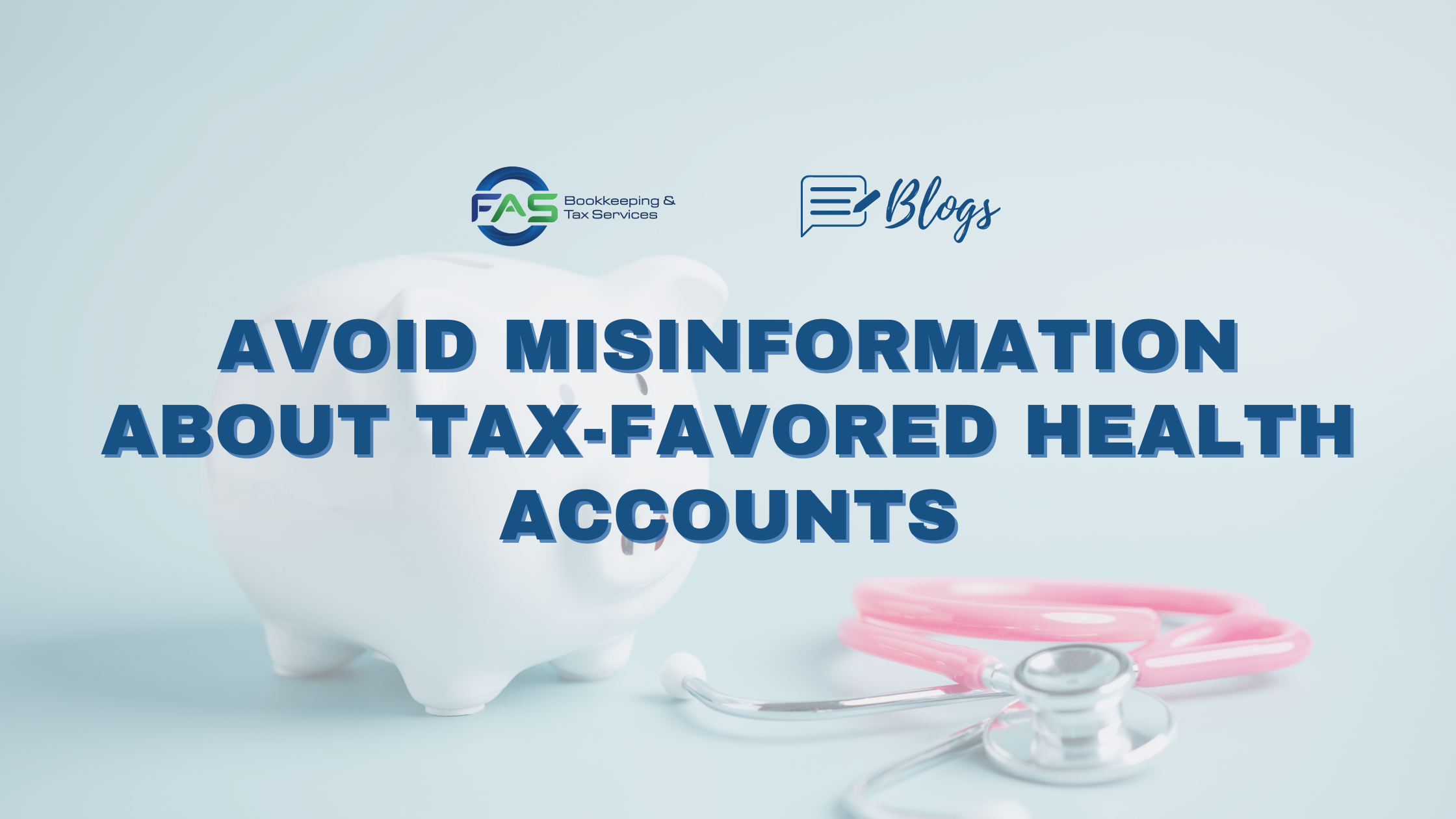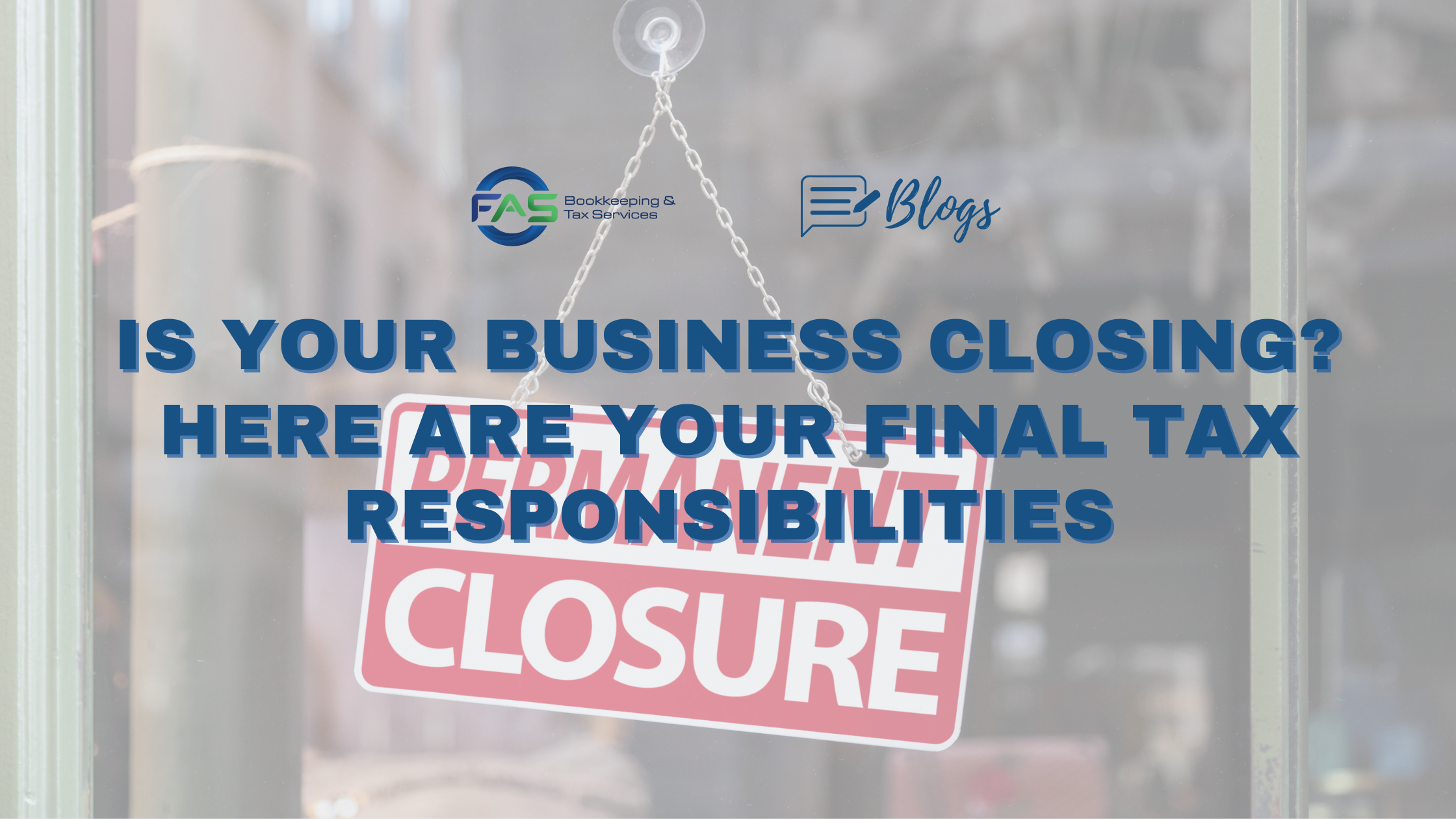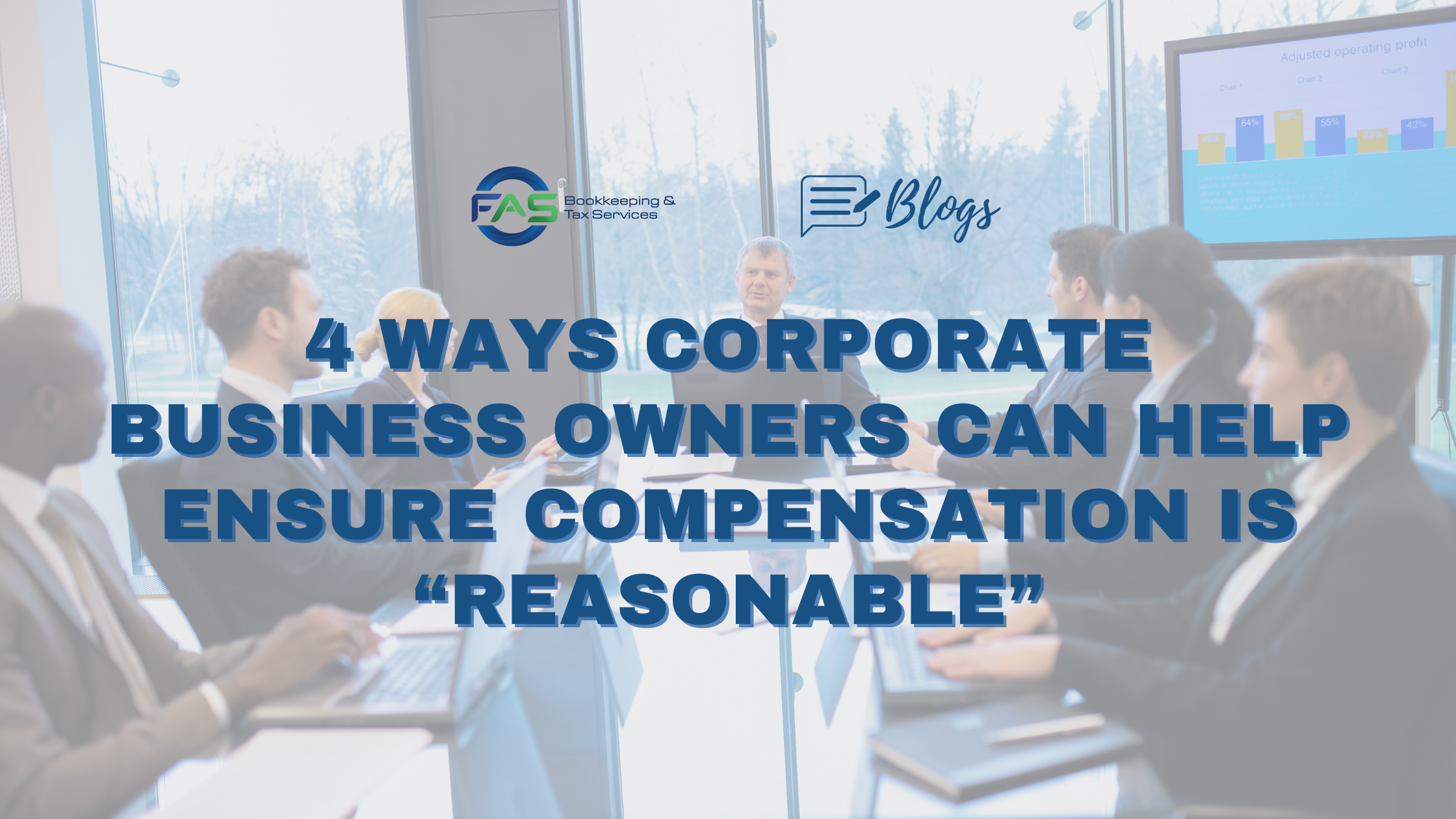Can you point your company in the direction of financial success, step on the gas, and then sit back and wait to arrive at your destination?
While you may wish it was that easy, the truth is that you can’t let your business run on autopilot and expect good results and any business owner knows you need to make numerous adjustments along the way. So, how do you handle the array of questions facing you? One way is through cost accounting.
Cost Accounting Helps You Make Informed Decisions
Cost accounting reports and determines the various costs associated with running your business. With cost accounting, you track the cost of all your business functions – raw materials, labor, inventory, and overhead, among others.
Note: Cost accounting differs from financial accounting because it’s only used internally, for decision making. Because financial accounting is employed to produce financial statements for external stakeholders, such as stockholders and the media, it must comply with generally accepted accounting principles (GAAP). Cost accounting does not.
Cost accounting allows you to understand the following:
- Cost behavior. For example, will the costs increase or stay the same if the production of your product goes up?
- Appropriate prices for your goods or services. Once you understand cost behavior, you can tweak your pricing based on the current market.
- Budgeting. You can’t create an effective budget if you don’t know the real costs of the line items.
Is It Hard?
To monitor your company’s costs with this method, you need to pay attention to the two types of costs in any business: fixed and variable.
Fixed costs don’t fluctuate with changes in production or sales. They include:
- rent
- insurance
- dues and subscriptions
- equipment leases
- payments on loans
- management salaries
- advertising
Variable costs DO change with variations in production and sales. Variable costs include:
- raw materials
- hourly wages and commissions
- utilities
- inventory
- office supplies
- packaging, mailing, and shipping costs
Note: Cost accounting is easier for smaller, less complicated businesses. The more complex your business model, the harder it becomes to assign proper values to all the facets of your company’s functioning.
If you’d like to understand the ins and outs of your business better and create sound guidance for internal decision making, consider setting up a cost accounting system.
Need Help?
Please call if you need assistance setting-up cost accounting and inventory systems, preparing budgets, cash flow management or any other matter related to ensuring the financial success of your business.




